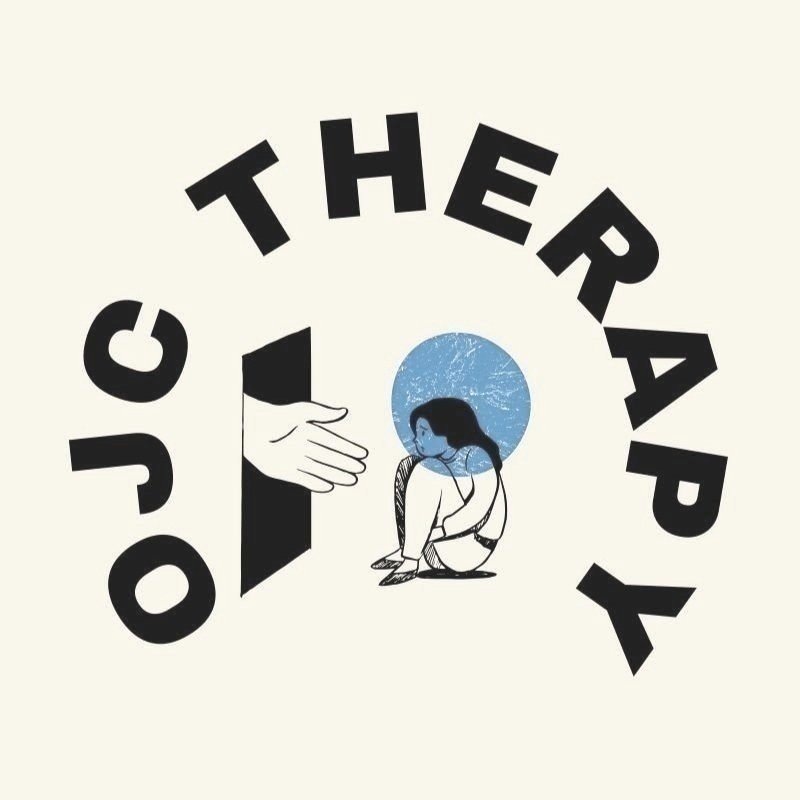"Detecting Dementia: Early Signs and What to Do Next"
Common Signs of Dementia
Memory Loss: Frequent forgetfulness, especially of recent events, names, and important dates.
Difficulty with Problem Solving: Trouble managing finances, following plans, or solving everyday problems.
Confusion with Time or Place: Losing track of dates, seasons, or the passage of time, or becoming disoriented in familiar places.
Difficulty Completing Familiar Tasks: Struggling to complete routine tasks at home, work, or leisure activities. For example, they may experience difficulty with tying their shoes or utilizing household appliances.
Trouble Understanding Visual and Spatial Relationships: Difficulty reading, judging distance, or recognizing colors or contrasts. Driving may become more of a challenge, with an increase in unsafe driving habits.
Language Problems: Struggling to follow or join conversations, finding the right words, or frequently repeating themselves. Conversation might begin to include longer pauses and moments of confusion.
Poor Judgment: You may notice a decline in decision-making abilities, such as giving away large sums of money or neglecting personal grooming.
Withdrawal from Social Activities: Losing interest in hobbies, social activities, or work-related projects.
Mood and Personality Changes: Those close to loved ones experiencing dementia may notice changes in their personality such as mood swings, increased anxiety, depression, confusion, or becoming easily upset, especially in unfamiliar situations.
Misplacing Things: Frequently putting items in unusual places and being unable to retrace steps to find them.
Next Steps for Getting a Proper Assessment
Document Symptoms: Keep a detailed record of the signs you've noticed, including when they started, their frequency, and any changes over time. This information will be helpful for healthcare providers.
Encourage a Medical Evaluation: Gently encourage your loved one to see their primary care physician for an initial evaluation. It's important to approach this conversation with empathy and understanding.
Schedule a Doctor's Appointment: Set up an appointment with a primary care doctor or a geriatric specialist. Explain your concerns and provide the documentation of observed symptoms.
Discuss a Referral to a Specialist: The primary care doctor may refer your loved one to a neurologist, geriatrician, or neuropsychologist who specializes in cognitive disorders for further evaluation.
Comprehensive Assessment: Expect a thorough assessment that may include:
Medical History: Review of medical, family, and medication history.
Physical Exam: Checking for signs of other health issues that could impact cognitive function.
Cognitive and Neuropsychological Tests: Tests to assess memory, problem-solving skills, attention, language, and other cognitive abilities.
Laboratory Tests: Blood tests to rule out other conditions like vitamin deficiencies, thyroid problems, or infections.
Brain Imaging: MRI or CT scans to look for brain changes, such as atrophy or signs of stroke.
Prepare for the Appointment: Bring a list of medications your loved one is taking, including dosages and any supplements. Note any changes in behavior, mood, or daily functioning. It can also be helpful for healthcare professionals to be described diet and lifestyle habits to rule out or address any potential contributing factors.
Involve a Support System: Take inventory of the surrounding support system and involve them in the treatment and caretaking. If possible, bring another family member or friend to the appointments for support and to help remember information provided by the healthcare provider.
Ask Questions: During the assessment, ask questions about the evaluation process, potential causes of symptoms, and possible treatment options.
Plan for Follow-Up: Dementia is a progressive condition, so regular follow-up appointments with healthcare providers are essential to monitor changes and adjust care plans.
Explore Support Services: in order to avoid caregiver burnout, it’s vital to look into local resources, support groups, and services for dementia patients and caregivers. This can help you and your loved one cope with the diagnosis and maintain quality of life. Potential support services include memory-loss day care centers, mental health specialists, therapeutic support groups, and in-home caretakers.
